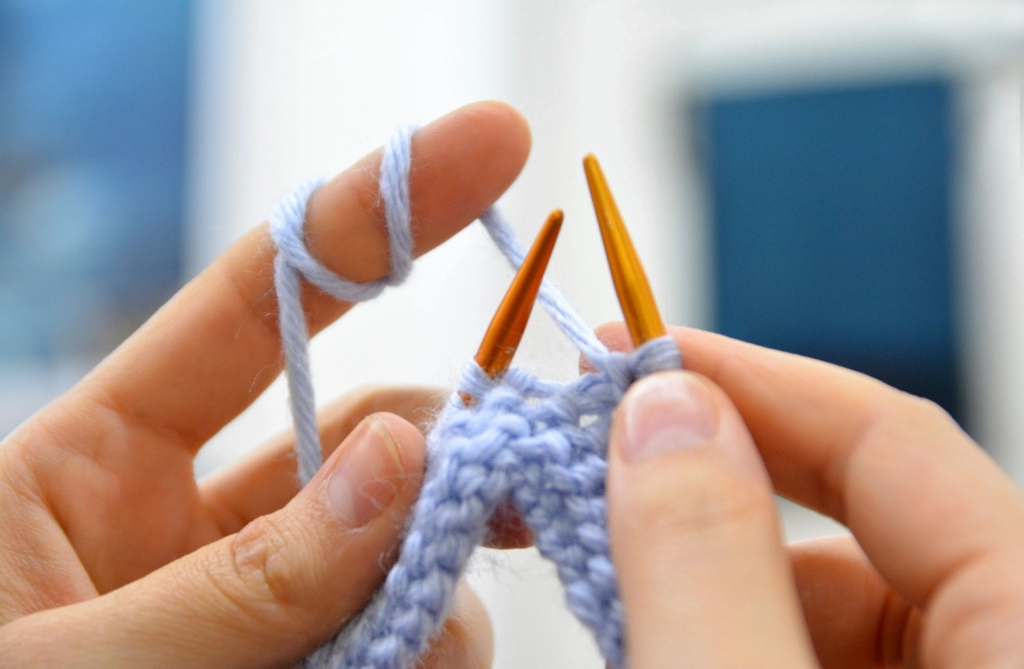PLUS 15 Ways You Can Keep Your Brain Fit as You Age.

As we get older, we are concerned with forgetting things. Is this a normal sign of aging or is this something I need to be concerned about? Today in our blog post we are going to discuss those concerns.
Forgetting things like names, where you put your keys, leaving the house without your phone, not being able to recall a celebrity that you know you should know the name to are all things we experience as we age. This is a big concern for me as I have shared in the past with my results of my Health DNA Testing. What this test identified is that I have the APOE 4 Gene that is a precursor to late onset Alzheimer’s Disease. I want to do what I can to “turn off” that gene and there are things that we can do to improve our memory and keep our brains active to reduce those risks!
Memory loss is a natural part of aging. It’s estimated that by the time we’re 65, we will have lost about 10% of our memories from birthdays and anniversaries to grocery lists and directions. This article explores what memory loss means for those of us over 50 and if it needs to be treated with medicine or therapy. A small amount of cognitive decline is normal as we age into out 60s and beyond. It is a normal part of aging to forget where you left your keys, or forget a name of a person you just met, misplace a piece of mail, etc. these are all normal signs of forgetfulness related to aging.
When you begin to forget things that effect your activities of daily living, that is when you may begin to get concerned. What we mean is things like forgetting to turn off the oven or stove, not able to find your way home, if your lack of memory causes concerns with your driving, the ability to grocery shop, or forgetting how to use your phone. These types of “forgetfulness” can be an indication of something a bit more serious. Please reach out to your health care provider for any concerns related to you forgetting things and if there is a reason to worry.

Signs that it might be time to talk to a doctor include:
- Asking the same questions over and over again
- Getting lost in places a person knows well
- Having trouble following recipes or directions
- Becoming more confused about time, people, and places
- Not taking care of oneself —eating poorly, not bathing, or behaving unsafely
| Differences between normal aging and Alzheimer’s disease | |
| Normal aging | Alzheimer’s disease |
| Making a bad decision once in a while | Making poor judgments and decisions a lot of the time |
| Missing a monthly payment | Problems taking care of monthly bills |
| Forgetting which day it is and remembering it later | Losing track of the date or time of year |
| Sometimes forgetting which word to use | Trouble having a conversation |
| Losing things from time to time | Misplacing things often and being unable to find them |
Up to this time in our life we have learned all about good health. Healthy eating, drinking plenty of water and exercising regularly. Now we have to learn another healthy skill and that is keeping our brain tuned up. We need to learn to keep building that muscle as we grow into the next few decades. We now need to focus on keeping our brain in “good shape”.
Here are some great ideas to keep exercising you brain and keeping it sharp to serve you well as you continue to age. Studies show that those people who engage in learning activities as they age have less of a cognitive decline.
- Start a new hobby
- Learn a new language
- Take a cooking or a craft class
- Learn a new dance
- Start gardening this will work both your brain and get you outside moving.
- Learn a new skill crochet, knitting, pottery, or card making, wood working, golf, the sky is the limit!
- Learn how to play in instrument
- Start a card club
- Start a book of the month club (gets you around other people)
- Attend bible study (gets you around others and builds relationships)
- Take up journaling
- Play board games, puzzles, book puzzles-try playing with others. Another way to get you around other people and socialize.
- Start a new business
- Take a yoga class there is even yoga classes that keep you in a chair! Eye-hand coordination activities helps exercise your brain.
- Volunteer in your community, at a school, or at your place of worship.

We wouldn’t be a wellness company without talking about what you can do from a nutritional standpoint to improve your cognition. By adding foods rich in antioxidants, you can fight the inflammation and help fight chronic degenerative disease. The berry family is the best. Strawberries, blueberries, raspberries, and black berries. Mix them in your cereal, morning shakes, or eat as a snack. Other nutrients that help maintain brain health include; the B Vitamins, Fish Oil, Vitamin D and Vitamin E.
To help reduce anxiety over normal forgetfulness you can try some of these things, to help you to “not forget” sometimes.
- Follow a daily routine.
- Plan tasks, make to-do lists, and use memory tools such as calendars and notes.
- Put your wallet or purse, keys, phone, and glasses in the same place each day.
If you are still wanting to know if your short-term memory concerns are normal or may be a sign of something more serious, we have you covered. Your short-term memory is an easy cognitive skill to test. And quick, too. Short-term memory lasts for about 30 seconds—one minute at the most—and only stores about five to nine items of information. You use this type of memory for a phone number before you dial, or the confirmation code on a plane ticket.
There are dozens of online quizzes and mobile phone apps dedicated to improving your short-term memory. But, first, it’s important to see where you’re starting from so you can track progress.
To appraise your current short-term memory capacity, you can complete tasks that involve recalling a series of numbers or letters from a master list.
Here are two tests you can take right now to see where you’re at:
https://faculty.washington.edu/chudler/stm0.html
https://faculty.washington.edu/chudler/puzmatch.html

Knowledge stored in long-term memory and information from your environment combine to create your working memory. Reading, cooking, driving, and mental math all require working memory. These tasks take the rules and skills stored in long-term memory and apply them to solve new problems.
Testing working memory can be fun. Activities like Sudoku and search-and-find games put your brain to work filtering out competing sources of information. They challenge you to focus your attention to complete a task.
Another good assessment of working memory and attention is the Stroop test. You use this type of memory to identify words and colors with variable rules.
Try these working memory tests out for yourself:
https://learn.genetics.utah.edu/content/memory/distraction/
https://learn.genetics.utah.edu/content/memory/types/Stroop-test.pdf
It is often said that memory loss is a normal sign of aging. But the truth is, it’s not always so simple. Memory loss can be caused by many different things and can happen at any time in life, which makes it difficult to diagnose with certainty. What you need to know about your particular case is how much of your cognitive functioning has been affected and what kind of treatments are available for you. For example, if dementia or Alzheimer’s Disease are suspected then there are medications that may help make some improvement in brain health; but if depression or anxiety seem like the cause, there may be other treatment options for those too. Memory and other thinking problems have many possible causes, including an infection, or medication side-effects. Urinary Tract infections are very well-known for affecting the cognition of our seniors. The important thing to remember is this: when memory loss becomes problematic enough to interfere with daily living activities reach out to your health care provider for help.
Older adults often notice they are forgetting things more frequently. This can be a scary sign of aging, but it is not always the case. Memory loss can also happen due to depression or other health issues that may be affecting your brain’s ability to function properly. It’s important for older adults and their caregivers to know what could cause memory loss so they can take steps towards treatment before it becomes worse than just forgetfulness.

Memory loss is a normal part of aging. It doesn’t have to be inevitable. We all experience some memory loss as we age, but it’s important to know the difference between what’s just due to getting older and when you need to be concerned about something more serious that requires medical attention. If you are experiencing severe symptoms, which may include difficulty remembering things from day-to-day or trouble with concentration, this could indicate early-stage dementia. This condition can also cause changes in mood, behavior or personality–which should not be ignored if they persist for longer than six months.
Finding the cause of the problems is important for determining the best course of action. Once you know the cause, you can make the right treatment plan. People with memory problems should make a follow-up appointment to check their memory every six to 12 months. They can ask a family member, friend, or the doctor’s office to remind them if they’re worried they’ll forget.
Join our email list where we provide education and resources for keeping your aging parent or spouse safe at home for as long as possible. We can provide 1:1 consulting as well for a personalized plan.
Thanks for stopping by and spending some time with us. Our goal is to bring you value in aging gracefully in good health from the age of 50 and beyond
Pam
Pam Dunwald, RN
Cabin Creek Wellness
Resources:
https://askthescientists.com/cognitive-skills/
https://askthescientists.com/aging/
https://www.nia.nih.gov/health/memory-forgetfulness-and-aging-whats-normal-and-whats-not


